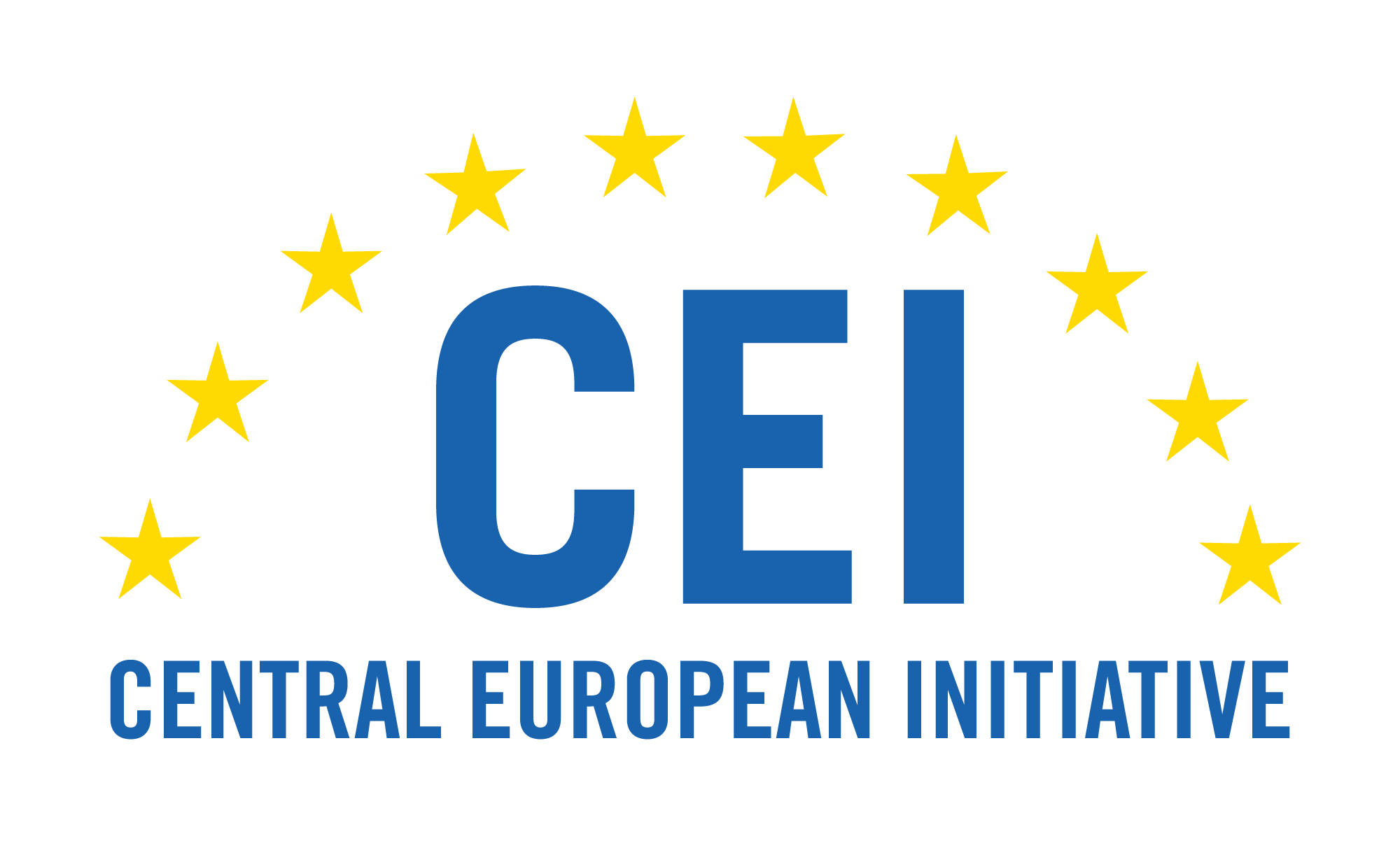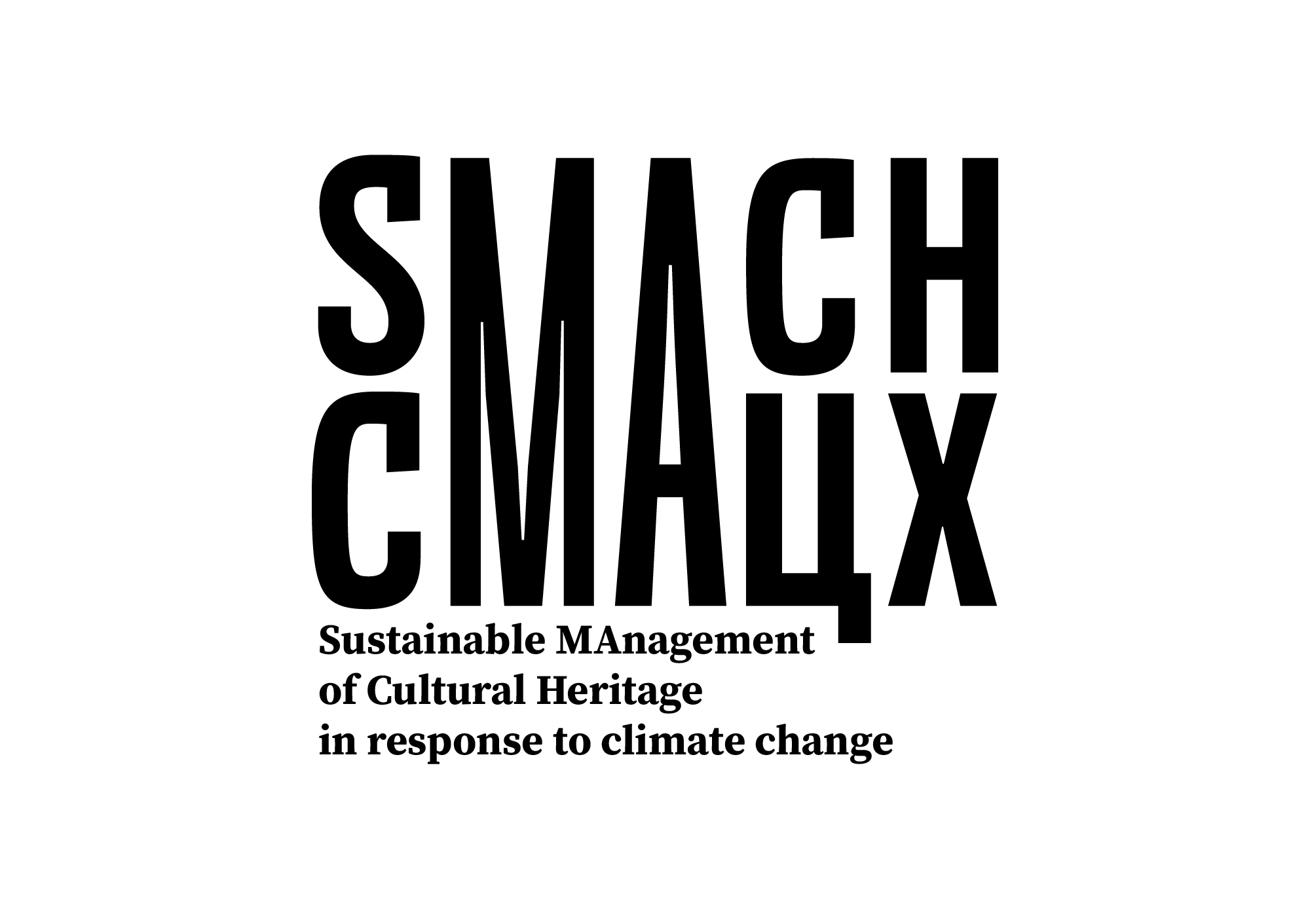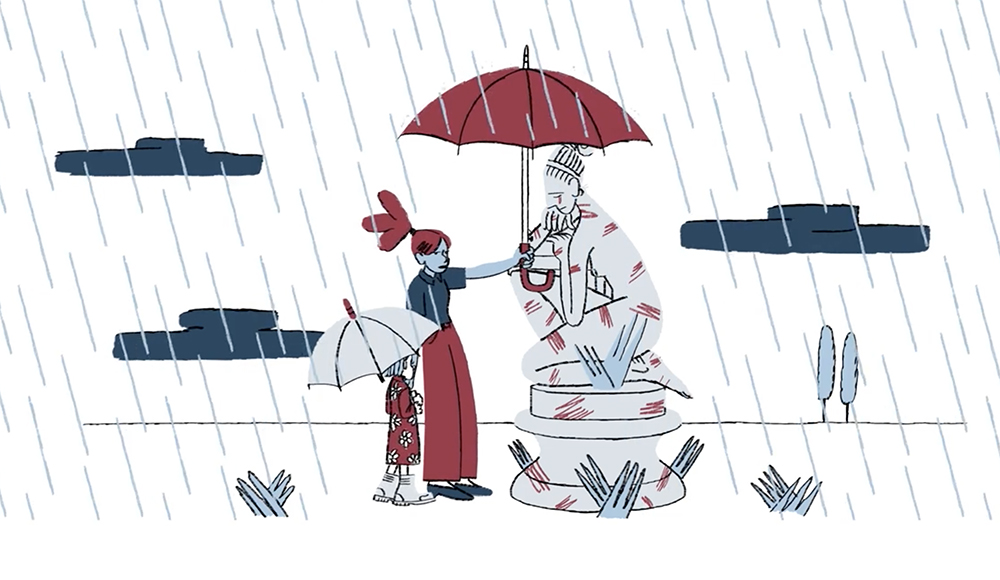We are facing a challenge: to protect our past for future generations. Climate change is affecting natural heritage, human life, and our cultural heritage. SMACH is a project in response to Climate Change. It promotes EU-Balkan cooperation within the Central European Initiative.
One common goal is building capacity on sustainable management of cultural heritage through a know-how exchange programme, based on needs assessment, good practices identification and engaging key stakeholders in the field of cultural heritage and climate change, in a continuous process.
Cultural Heritage of SMACH Balkan countries such as landmarks, intangible heritage and collections are used as case studies in the know-how exchange programme with stakeholders, researchers, and students as we are building an EU-Balkan community for the sustainable management of cultural heritage in response to climate change, to preserve our heritage, our past, and our future.
The SMACH project High-level Workshop took place on October 15, with the participation of Representatives from the EU and Balkan countries, including the project partners. With the participation of 16 high-level representatives from the target countries, as well as from the international organizations working on cultural heritage and climate change, the workshop was opened by the President of Venice International University, Umberto Vattani, who underlined the importance of cooperation between the EU and Balkan countries, which has a longstanding tradition. The project website was also launched.
The Balkan project partners presented the needs analysis and case studies which were carried out in the first phase of the project and which highlight the political framework, the need for raising awareness among decision-makers, professionals and citizens. Critical aspects related to promoting sustainable management in cultural heritage were also illustrated. The Balkan countries represented in the project are Bosnia & Herzegovina, Montenegro, North Macedonia, and Serbia.
The SMACH European Partners presented good practices related to technologies, tools and strategies, with a special focus on adaptation to Climate Change. The resources will be included in the know-how exchange program which is under development.
The discussion was very useful for collecting feedback from the high representatives and introducing the four-month training program, which will be available for experts, students and young researchers from the Balkan target countries already working in the field of conservation of cultural heritage.
This project is cofinanced by the CEI Know-how Exchange Programme supported by the CEI Fund at the EBRD
For further information, please contact alessandra.fornetti@univiu.org
























